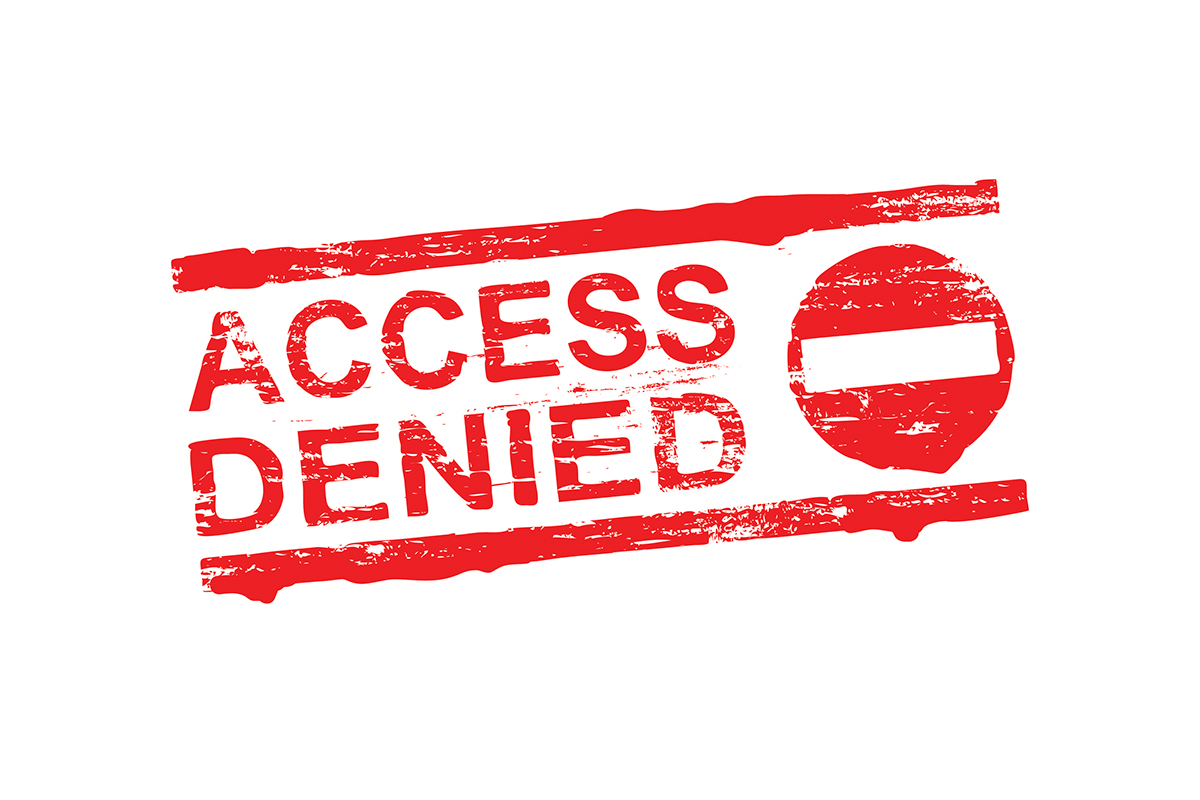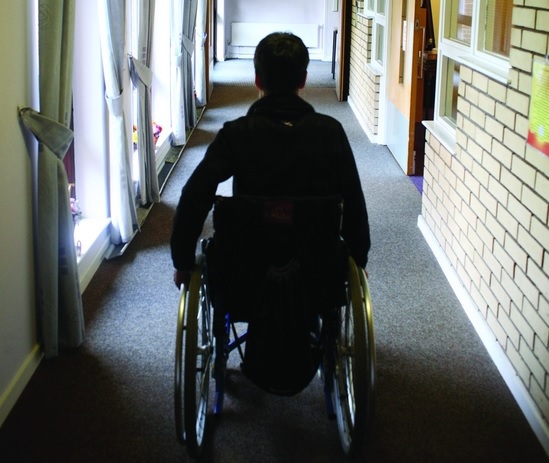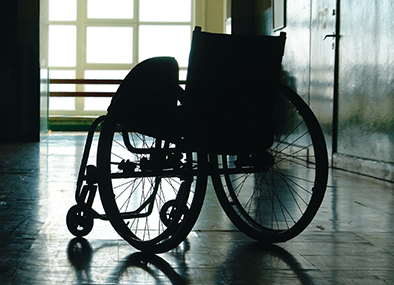You are viewing 1 of your 1 free articles
A commitment to creating accessible housing should be the norm
There is simply not enough accessible housing at present to meet the requirements of our population, writes Sheron Carter
For many millennials, finding a suitable home can be tough – having to take into account affordability, location and size can significantly limit the housing options available, regardless of tenure.
However, if you also have an access requirement, the search is even more challenging.
Young disabled people are often faced with a significant lack of choice when it comes to finding a home, due to the widespread shortage of accessible housing across the UK.
As a housing association that provides inclusive and accessible homes, we hear from people with a wide range of access requirements who are often living in accommodation which is unsuitable for them.
There is simply not enough accessible housing to meet the requirements of our population, and affordability can also be an issue.
For example, although the London Plan requires all new housing to be built to Optional Access Standard Part M4 Category 2 (the accessible, adaptable standard) the cost of renting or buying in the capital can put homes out of reach, especially since many disabled people are on lower incomes and face barriers to employment.
These are just some of the reasons it’s crucial for more social housing providers in particular to be building accessible, adaptable homes.
However, the demand for accessible housing cannot be met by this sector alone.
We need accessible, inclusive design principles to be used in communities and housing provision at every level – and although this starts with good policy, it also requires best practice from all of us.
The private rented sector also has a role to play, especially for younger disabled people. Sadly, private landlords can be reluctant to allow adaptations, while letting agents often don’t understand the basic access features that disabled people might need – particularly when it comes to wheelchair users.
“Sadly, private landlords can be reluctant to allow adaptations.”
Factors outside the home also play a part. With patchy access to public transport, or inaccessible amenities to consider, suitable homes might get rejected if the prospective tenant can’t access their local shops or commute to work.
Misconceptions about the cost of access features are common. Yet if requirements are designed in from the outset, the cost can be minimal.
More importantly, in the long run access and adaptability features such as shower drainage or stronger bathroom walls provide better value for money because adaptations are faster and more economical to fit when needed.
Accessibility isn’t a specialist issue – it is a matter of inclusion. Everyone benefits from more accessible and adaptable homes – particularly families with young children or older relatives.
We need homes and communities which meet the needs of our current and future populations, and a commitment to access and inclusion must become the norm if we are to achieve this.
Sheron Carter, chief executive, Habinteg













